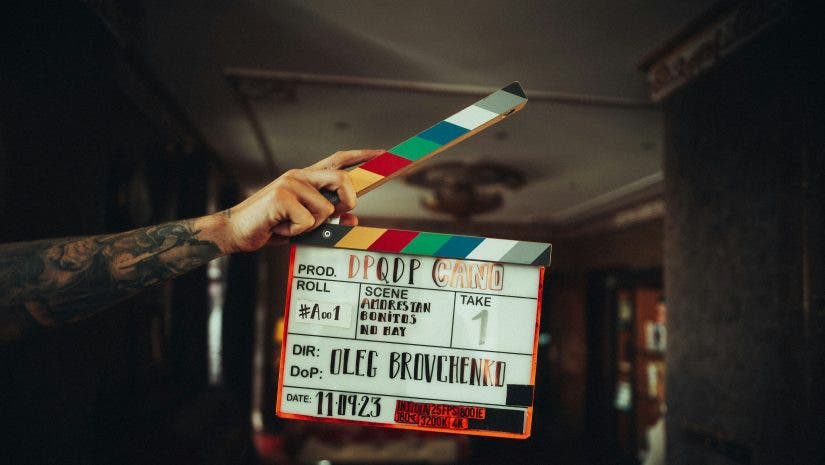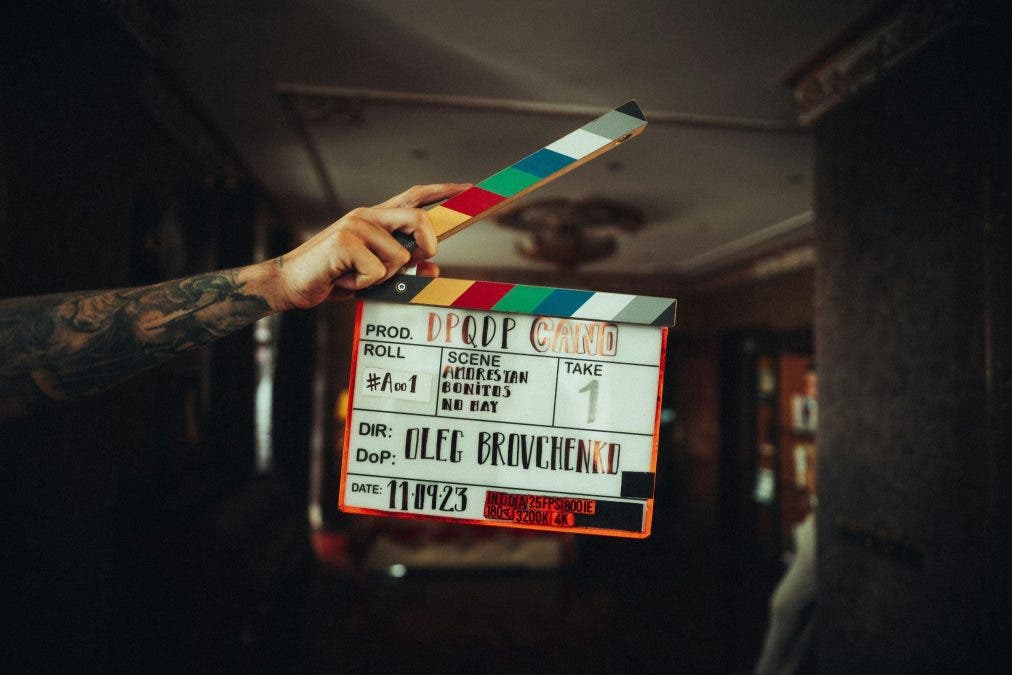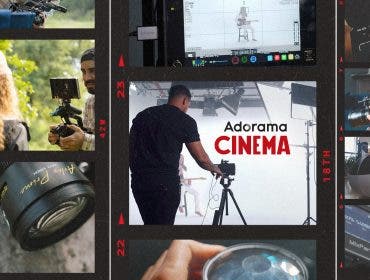So, you feel like your calling is filmmaking? Awesome! The magic of storytelling through moving images is absolutely timeless. And in 2025, when there’s more opportunities than ever to dive in, so many want a chance to make their own films. Let’s explore how to start filmmaking this year, embracing the latest industry trends and resources.
Figure out your filmmaking niche
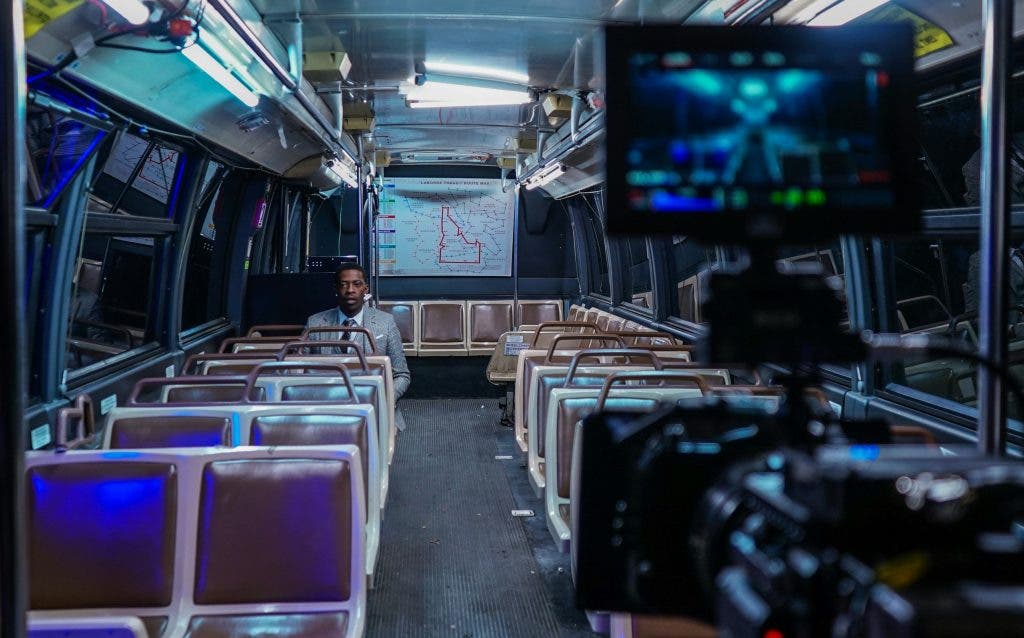
Before you get the chance to shout “Action!”, take a minute to ask yourself:
- What genre of filmmaking do you want to partake in?
- Do you dream of shedding light on untold truths with powerful documentaries?
- Or maybe… does your heart race at the thought of creating futuristic sci-fi worlds?
Finding your niche is also about discovering what ignites your passion and makes your work resonate with others. Start by asking yourself these questions:
- What do I want people to feel when they watch my films?
- Do I want them to laugh, cry, or question their own realities?
From there, map out your goals.
Plan your next steps like a pro

Now that you know your desired niche, it’s time to plan out where you want to be a year, three years, or five years from now. I’ll give you a hand. Try picturing yourself having a completed short film ready for a local festival, building an impressive portfolio for your first big industry gig, or amassing a solid online following by sharing captivating content on TikTok or YouTube. Do any of those sound like things you’d want to accomplish within a few years? If not, try to come up with what. When you do, create a roadmap, but leave room for experimentation. You might find that a side project — a small music video or an experimental social media reel — takes you in an unexpected but exciting direction.
However, don’t forget that niches evolve, and that’s totally okay. The filmmaker you are today may not be the filmmaker you become tomorrow, and that’s okay, too. The flexibility to pivot is one of the joys of this craft. Just stay true to what moves you, and remember: the world is full of stories waiting to be told. It’s your job to pick the ones only you can tell and bring them to life with your distinctive voice.
Immerse yourself in the filmmaking process
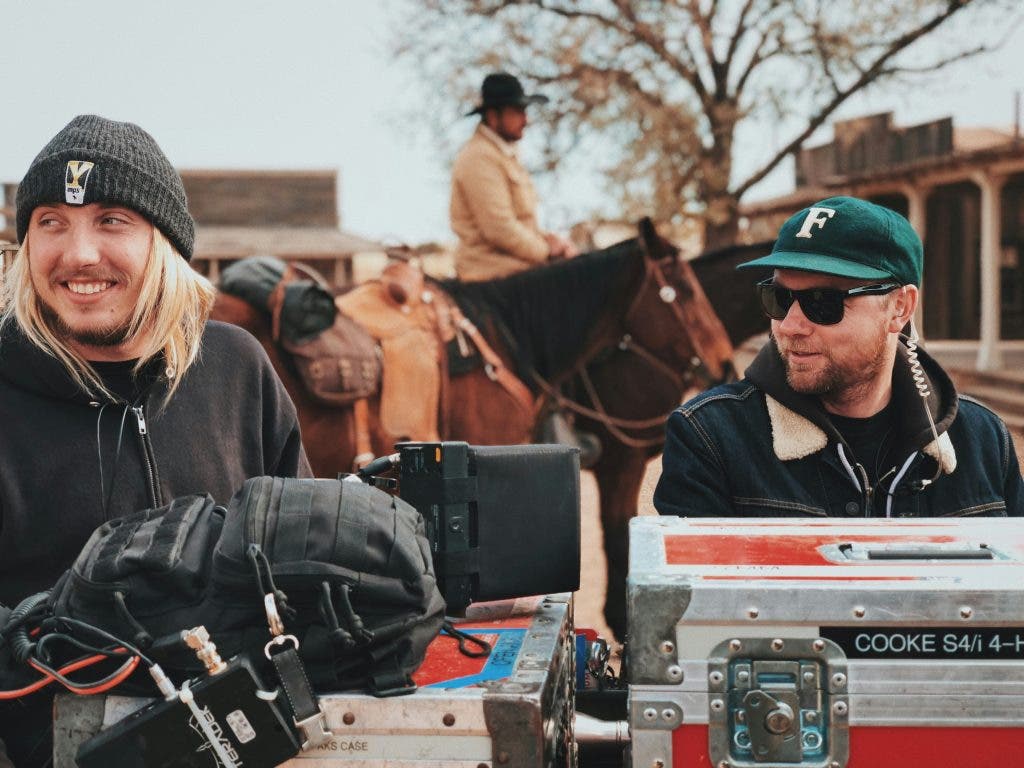
Pre-production and post-production come together to create a bigger picture. If you want to make your mark in 2025’s dynamic and tech-crazy film industry, you need to know the process inside out. Therefore, understanding the fundamentals is your launchpad. And the best part? You don’t have to break the bank to do this.
Learn from the pros (Right from your desk)
Online platforms are gold mines for aspiring filmmakers. There are websites like Coursera and MasterClass that offer detailed courses from industry legends. Once you tune in to those free filmmaking courses, you learn about a lot of topics, from screenwriting to cinematography. Itching to master lighting for that perfect cinematic mood? Or figure out how to edit scenes seamlessly? Dive into a course tailored to your curiosity.
However, if you’re more of a “show me, don’t tell me” learner, AdoramaTV and the new Adorama Cinema YouTube channel are your besties. The tutorials there demystify everything from camera setups to storytelling techniques, sprinkled with real-world tips and insights. The charm of these free resources lies in their accessibility — you can rewatch, pause, and take notes at your own pace.
Tap into the power of community

Filmmaking is more of a team game, contrary to what beginners believe. Joining Facebook filmmaking groups or scouting out local film clubs in your area can be your ticket to a life-changing chance. If you do everything right, this community will become your support crew — they’ll cheer you on, critique your work, and even collaborate on projects.
In 2025, as you might expect, these online spaces have grown beyond networking. Actually, they’ve evolved into thriving hubs where newcomers can rub shoulders with veterans. Many hands-on active groups host challenges, share job postings, and even organize workshops where you can pick up practical skills. You never know — your next co-writer, cinematographer, or even mentor could be just a comment away. So, don’t hesitate: jump in, ask questions, and soak up the wisdom.
Launch yourself into internships and real-world experience
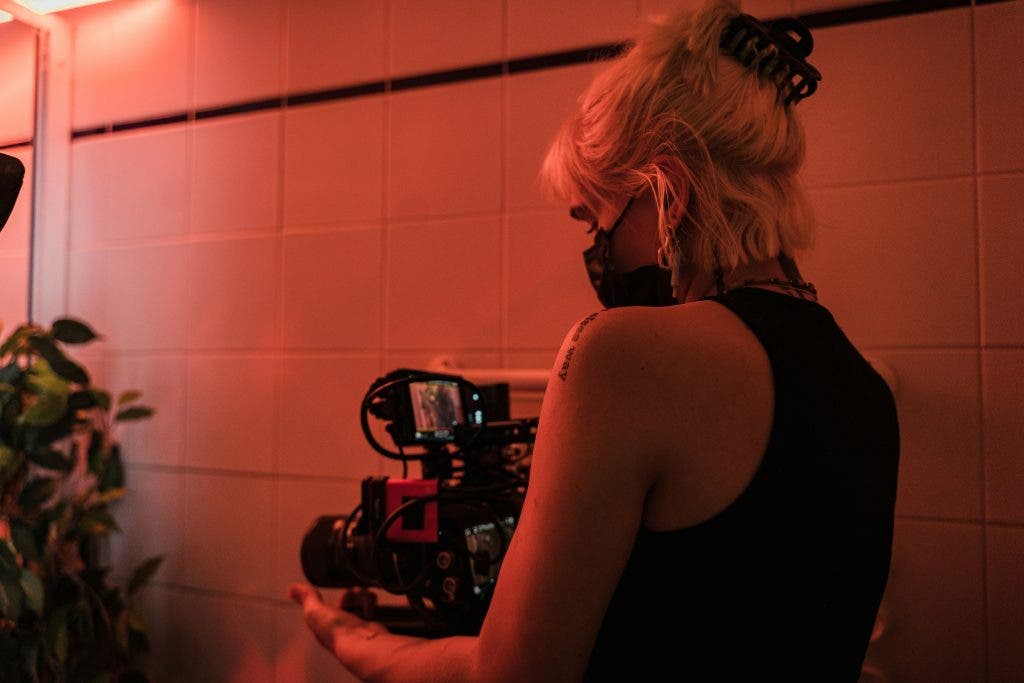
Although online courses are heaven sent blessings, truly nothing beats the value of being on set and seeing the magic unfold in real life. It’s the hum of a live set — the controlled chaos of cables, lenses, and creative energy — that truly teaches you the art of filmmaking. So, what you should do is start by seeking out internships or volunteer opportunities on indie or low-budget projects. These grassroots experiences might not come with the glitz of a blockbuster. However, they’re the best places for learning the ins and outs of the filmmaking process.
Don’t shy away from these smaller gigs because they come with minimal pay (or none at all). These projects are where you’ll learn how to troubleshoot a finicky boom mic, work with tight shooting schedules, and juggle fifteen tasks at once — all under the guidance of industry pros. Plus, they’re incredible networking opportunities. Directors, cinematographers, and crew members on these sets are often just as eager to climb the industry ladder as you are, which means you’re forming bonds with people who might one day call you for their next big project.
Climb the budget ladder
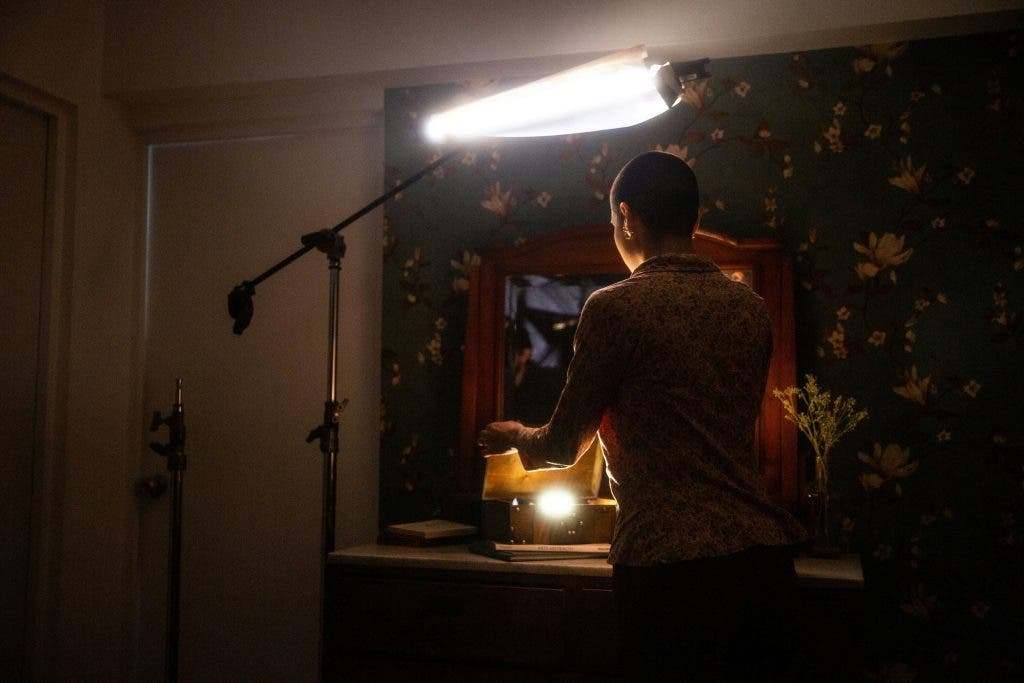
As you continue to build your name on smaller productions, keep an eye out for higher-budget projects. Opportunities can even come through word of mouth. And when you catch one that you want to do, apply. Even if you feel like they won’t take you, just go! Maybe one day, you’ll get that call back.
Just make sure to use your experience to create a standout résumé or portfolio that highlights your versatility and dedication. A few indie credits under your belt can open doors to larger productions, from regional commercials to independent feature films and beyond.
As you climb the ladder, remember that your reputation matters. Filmmaking is as much about relationships as it is about skill. Plus, this journey from no-budget to bigger-budget projects means more than experience. It’s also about earning trust and proving that you’re ready for the challenges of the next level.
Try film school or other alternatives
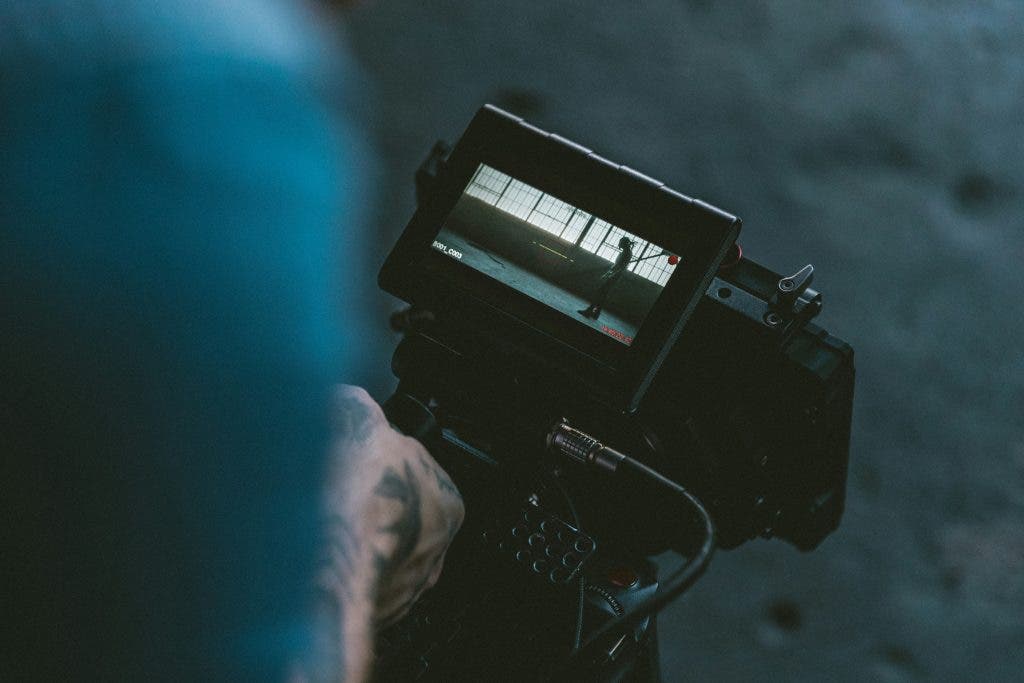
Film school is one of the fastest routes on learning how to start filmmaking. Film schools nowadays offer more than just lectures and theory. Yup. They’ve bloomed into innovation hubs where filmmaking students learn to wield the latest tools like virtual production, AI-enhanced editing, and immersive storytelling through VR. The best film schools, like the American Film Institute and New York Film Academy, attract many students with programs curated to prepare everyone for the ever-changing filmmaking world of today. At film school, students not only study the craft in-depth but also build invaluable industry connections with professors, guest speakers, and classmates who may become lifelong collaborators.
But… you know it, I know it, we all know it — film school isn’t for everyone. The tuition can be steep for most and not everyone thrives in structured academic settings. If a formal program isn’t in the cards, don’t exit the article yet. The good news is that there are lots more alternatives than ever to carve your path as a filmmaker.
Budget-friendly alternatives to film school
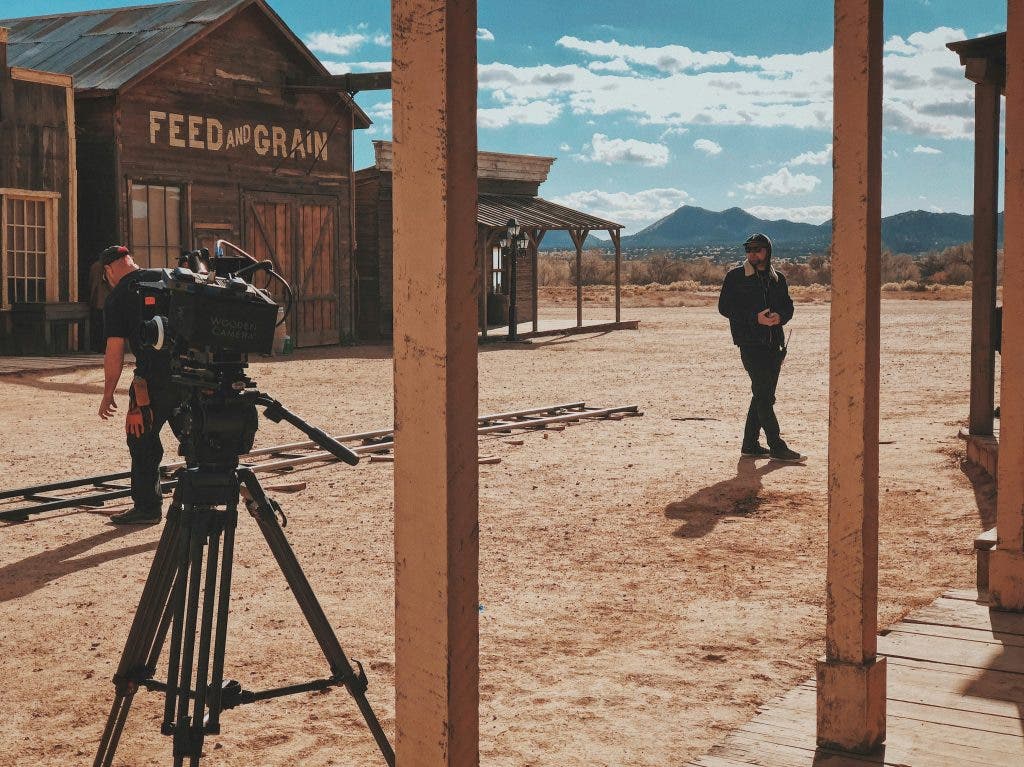
If you can’t attend film school, a budget-friendly way on how to start filmmaking is to attend workshops and seminars. Organizations like Raindance or Sundance Collab host short-term courses on everything from screenwriting to directing, allowing you to develop specific skills. These workshops often feature seasoned filmmakers who provide real-world advice and insider tips.
Don’t be too intimidated to try out mentorship programs either. Initiatives like the Sundance 2025 Sundance Ignite x Adobe Fellowship or regional film commissions often connect aspiring filmmakers with established professionals. These mentors can provide tailored guidance specifically for you, answer your burning questions, and even help you navigate your first big project.
Gear up

Unlike before, you don’t need thousands of dollars to access expensive filmmaking equipment. Today, technology has democratized the craft. That means aspiring filmmakers can start with minimal resources and grow their cinematography kit over the years.
For beginners, try out smartphone filmmaking. Thankfully, modern smartphones are equipped with advanced cameras capable of shooting in 4K or even higher resolutions.
When you save up a little money, buy phone stabilizers, external microphones, and filmmaking apps. Though small, they’re investments. They can help you film stunning visuals that, if you do everything right, could rival entry-level cameras. Don’t believe in their power? Well, movies like Tangerine and Unsane were shot entirely on smartphones!
And if you’re ready to step up your game but not ready to pay full price, rent equipment. For that, Adorama Rentals have become a go-to. They offer top brands like ARRI, Red Digital Cinema, Canon, and more. Additionally, they offer hundreds of contemporary and vintage lenses. Apart from their rentals, their team can act as a personal technical support crew. They can help you make sure you have the right setup to realize your vision.
And finally, when you’ve got the money (congrats!), buy top-of-the-line equipment from tried-and-true brands. You deserve it.
Embrace technological advancements
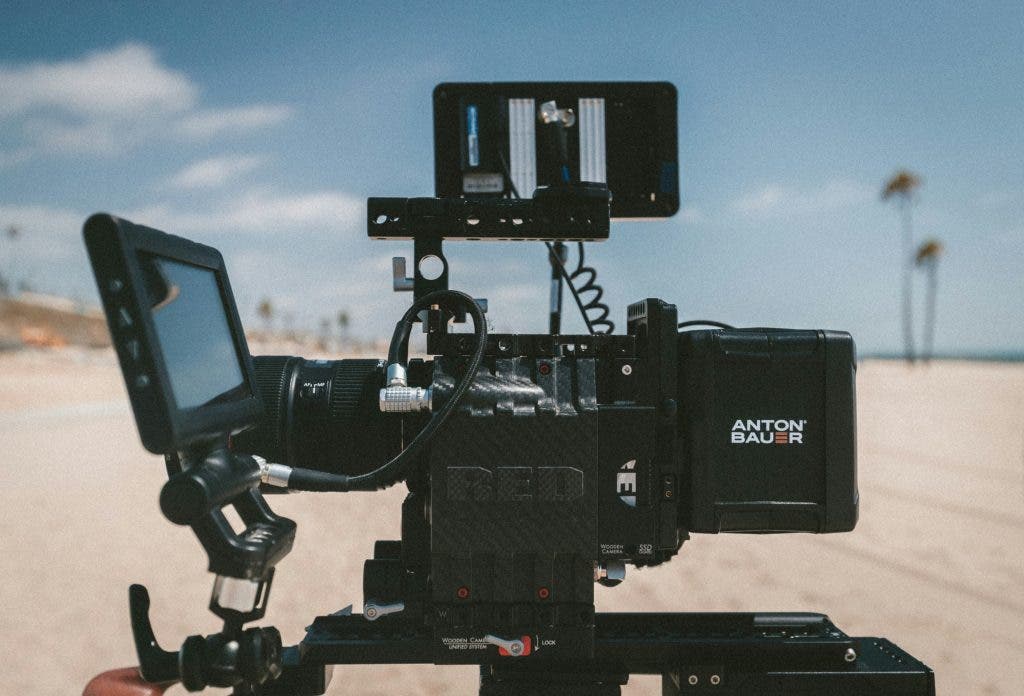
Stay ahead of the filmmaking game by utilizing the power of latest advancements. As you might know Virtual Reality and Augmented Reality are changing the way we do storytelling. Why are they so popular? Well, of course — they offer audiences immersive experiences that go beyond the screen. That’s pretty darn cool.
Also, there’s Artificial Intelligence. AI-powered tools can streamline pre-production by assisting with tasks like scriptwriting, scheduling, and budgeting. It’s not taking jobs, it’s making jobs easier. In fact, in post-production, AI can analyze footage to suggest edits to editors, create special effects if asked, and even generate hyper-realistic CGI characters (but of course, this is a task best for the humans).
Your filmmaking awaits
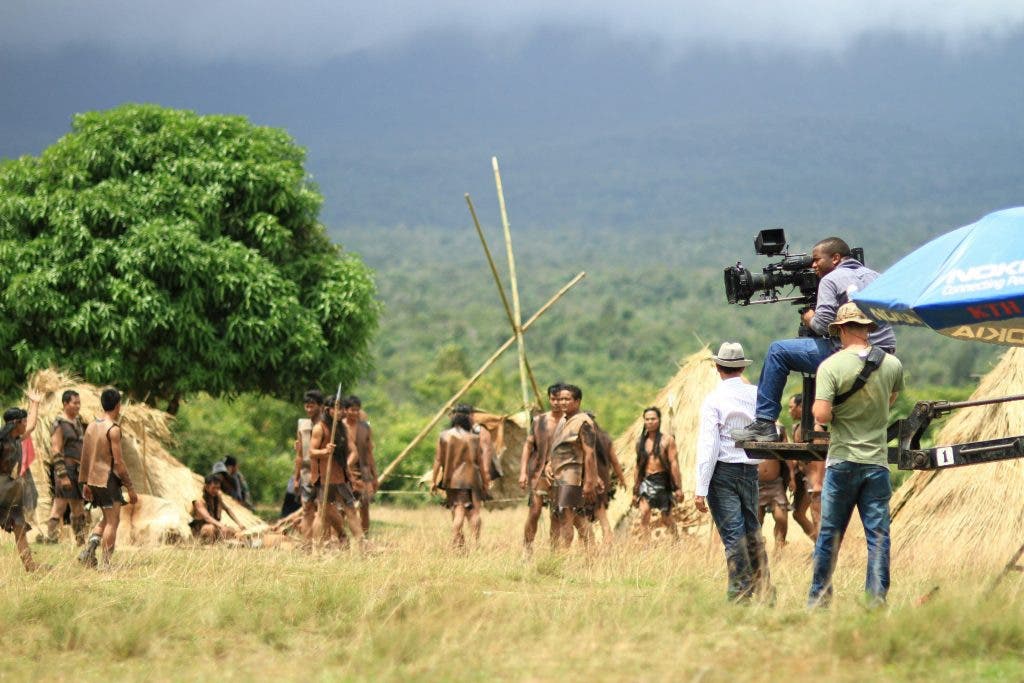
The journey of learning how to start filmmaking is different for everyone. Some start with a smartphone and some start by being lucky enough to be related to someone with experience. But no matter what, remember that every director, writer, and cinematographer began somewhere. I believe the beauty of filmmaking lies in its evolution.
The best way to begin filmmaking is by joining vibrant communities, experimenting with groundbreaking technologies, and to just never stop learning. Most importantly, stay true to the stories that ignite your passion. The world is hungry for fresh perspectives. Prepare to feed them.
